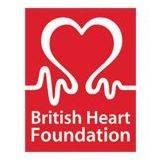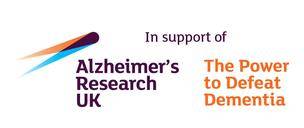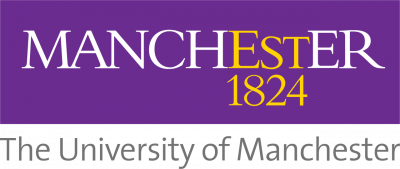Editor - Barbara Kramarz
The microtubule-associated protein tau and its interacting partners
The Gene Ontology (GO) annotation of the 33 proteins (priority list) implicated in processes involving the microtubule-associated protein tau (encoded by the MAPT gene) is now complete. Overall, the annotation of tau-interacting partners resulted in manual association of a total of around 2000 GO terms with 400 gene products. Among these, around 1500 GO terms have been associated with 200 human gene products; this included a total of 612 GO annotations for the 33 priority proteins (EBI statistics: 11th June 2018). Neuron-specific cellular component GO terms, which have been associated with the prioritised proteins include 'neuron projection', 'axon', 'dendrite', or 'neuronal cell body', whereas tau-, or microtubule-specific, GO terms associated with the prioritised proteins include 'tau protein binding', 'microtubule binding', or '(regulation of) microtubule cytoskeleton organization'.
Gene Ontology annotation of dementia-relevant microglial processes
Having completed the GO annotation of proteins interacting with amyloid-beta and tau, our next focus is the annotation of proteins implicated in neuroinflammatory processes. This is a very broad theme, which we are addressing by curating smaller topics. The first topic, based on the review by Simon, Obst and Gomez-Nicola (2018) (PMID:29427657) and the perspective by Deczkowska, Keren-Shaul, Weiner et al. (2018) (PMID:29775591), covers microglial processes involved to dementia (40 priority proteins).
ARUK-UCL Gene Ontology annotation progress
Collectively, all of the ARUK-funded work, has thus far resulted in 4041 GO annotations to 608 gene products, including proteins, microRNAs and macromolecular protein complexes involved in interactions with amyloid-beta and tau as well as in dementia-relevant microglial processes. Among these 2847 GO annotations have been associated with 341 human gene products (EBI statistics: 28th June 2018).
SynGO: a collaborative project to annotate synaptic proteins
Ruth and Barbara have been involved in the Synapse Annotation (SynGO) project, a collaboration between the GOC and synapse biology experts. Barbara has recently been trained in GO editing and development, as a part of the ARUK-funded project, and hence her latest involvement in this SynGO project has focused on contributing new synapse-relevant terms to the GO database. Barbara added 14 new GO terms and addressed 12 other GO term requests from the Vrije Universiteit Amsterdam SynGO team.
Meetings attended
23-25 April 2018: Paola attended the Conference on "Genomics of Brain Disorders 2018" in Hinxton, Cambridge, UK, where she presented a poster entitled:Expanding the Gene Ontology to improve representation of proteins involved in dementia to support data analysis.
13 June 2018: Barbara was one of Early Career Researchers invited to observe the ARUK Grant Review Board meeting. The observers' impressions from this informative event, and their tips on grant application writing, are summarised in their blog articles published on the NIHR Dementia Researcher website.
22 June 2018: Ruth and Barbara attended the UCL Neuroscience Symposium, where they presented a poster on GO curation and annotation of dementia-relevant proteins. Barbara's poster led to discussions with several researchers interested in GO and in progress of the project. We were also pleased to see in some of the presented talks and posters that GO has been used for enrichment analyses.
Publications
Ferrari R, Kia DA, Tomkins JE, Hardy J, Wood NW, Lovering RC, Lewis PA, Manzoni C. Stratification of candidate genes for Parkinson's disease using weighted protein-protein interaction network analysis. BMC Genomics. 2018 19(1):452. PMID:29898659.
The next newsletter
Our cardiovascular and neurological newsletters will be merging this autumn into one publication; therefore, the subject of the October newsletter email will be: 'UCL Functional Gene Annotation Newsletter'. We will also have a new webpage dedicated specifically to this joined publication; the URL address will be provided in the October newsletter and announced on Twitter @UCLgene.
Please contact us to receive this quarterly Newsletter by email or to ask any questions about our project.
 Close
Close








